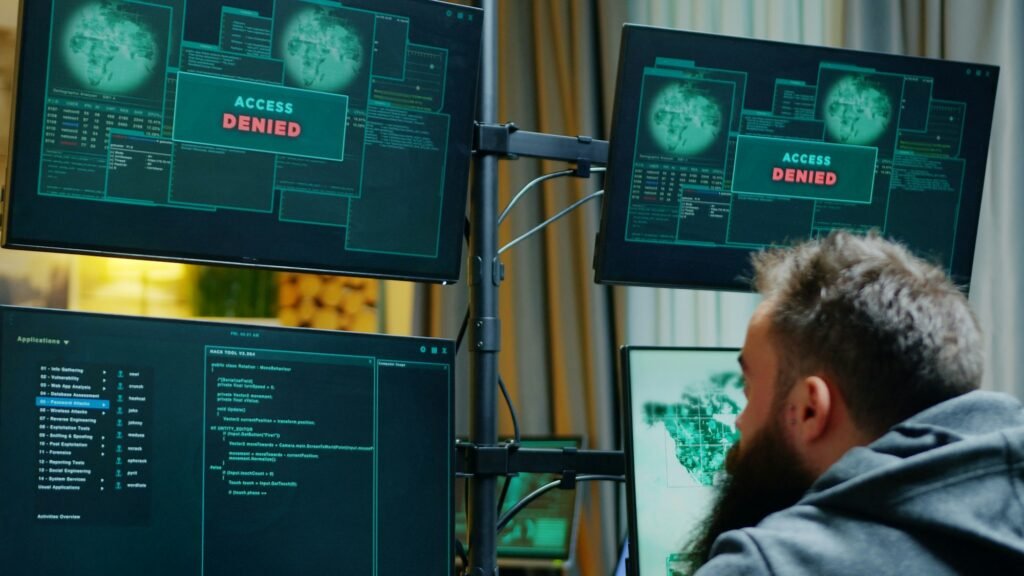The Role of AI in Legal Brief and Memorandum Preparation
The Role of AI in Legal Brief and Memorandum Preparation
In the rapidly evolving world of legal practices, the integration of technology is no longer a luxury but a necessity. One of the most groundbreaking advancements in this field is the use of Artificial Intelligence (AI) for preparing legal briefs and memoranda. This article delves into the transformative role AI plays in legal documentation, highlighting its benefits, challenges, and future prospects.
The Importance of AI in Legal Documentation
AI’s penetration into the legal industry marks a significant shift in how legal professionals approach document preparation. Legal briefs and memoranda are critical documents, often requiring meticulous attention to detail and extensive research. They serve as fundamental tools for presenting arguments, summarizing legal opinions, and providing strategic insights.
How AI Enhances Legal Brief and Memorandum Preparation
-
Efficiency and Accuracy
AI systems are designed to process and analyze large volumes of data swiftly and accurately. By automating repetitive tasks such as citation checking and document formatting, AI reduces the time spent on these labor-intensive activities. This not only speeds up the preparation process but also minimizes the risk of human error.
-
Advanced Legal Research
AI-powered tools can scan vast legal databases and extract relevant information in seconds. They use natural language processing (NLP) to understand and interpret complex legal language, enabling lawyers to access pertinent case law, statutes, and legal precedents with unparalleled ease.
-
Predictive Analytics
AI’s ability to analyze past legal cases and predict outcomes is invaluable. By examining patterns and previous rulings, AI can provide insights into how a case might be decided, helping legal professionals to craft stronger, more informed arguments in their briefs and memoranda.
-
Cost-Effective Solutions
By automating tasks traditionally performed by junior attorneys or paralegals, AI reduces operational costs. This cost-effectiveness is particularly beneficial for smaller law firms or legal departments with limited resources.
Challenges of Implementing AI in Legal Practices
Despite its numerous benefits, the adoption of AI in legal document preparation is not without challenges. Concerns regarding data privacy, the initial cost of technology integration, and the need for continuous updates and training are prevalent. Moreover, there is an ongoing debate about the ethical implications of relying heavily on AI for critical legal decisions.
The Future of AI in Legal Brief and Memorandum Preparation
The future of AI in legal document preparation looks promising. As AI technology continues to evolve, we can expect even more sophisticated tools that offer enhanced capabilities, such as real-time collaboration, multilingual support, and personalized legal insights. Continuous advancements in machine learning and NLP will further improve the accuracy and reliability of AI-driven legal documentation.
Conclusion
The role of AI in legal brief and memorandum preparation is undeniably transformative. While challenges exist, the benefits of increased efficiency, accuracy, and cost-effectiveness cannot be ignored. As the legal industry continues to embrace AI, legal professionals must stay informed and adapt to these technological advancements to maintain a competitive edge. By doing so, they can ensure that AI becomes an integral part of their practice, paving the way for a more streamlined and effective legal process.
By focusing on these aspects, law firms can leverage AI technology to not only enhance their operations but also improve client satisfaction and case outcomes. Stay ahead of the curve by embracing AI in your legal practice today, and witness firsthand the revolution it brings to legal brief and memorandum preparation.































































































































